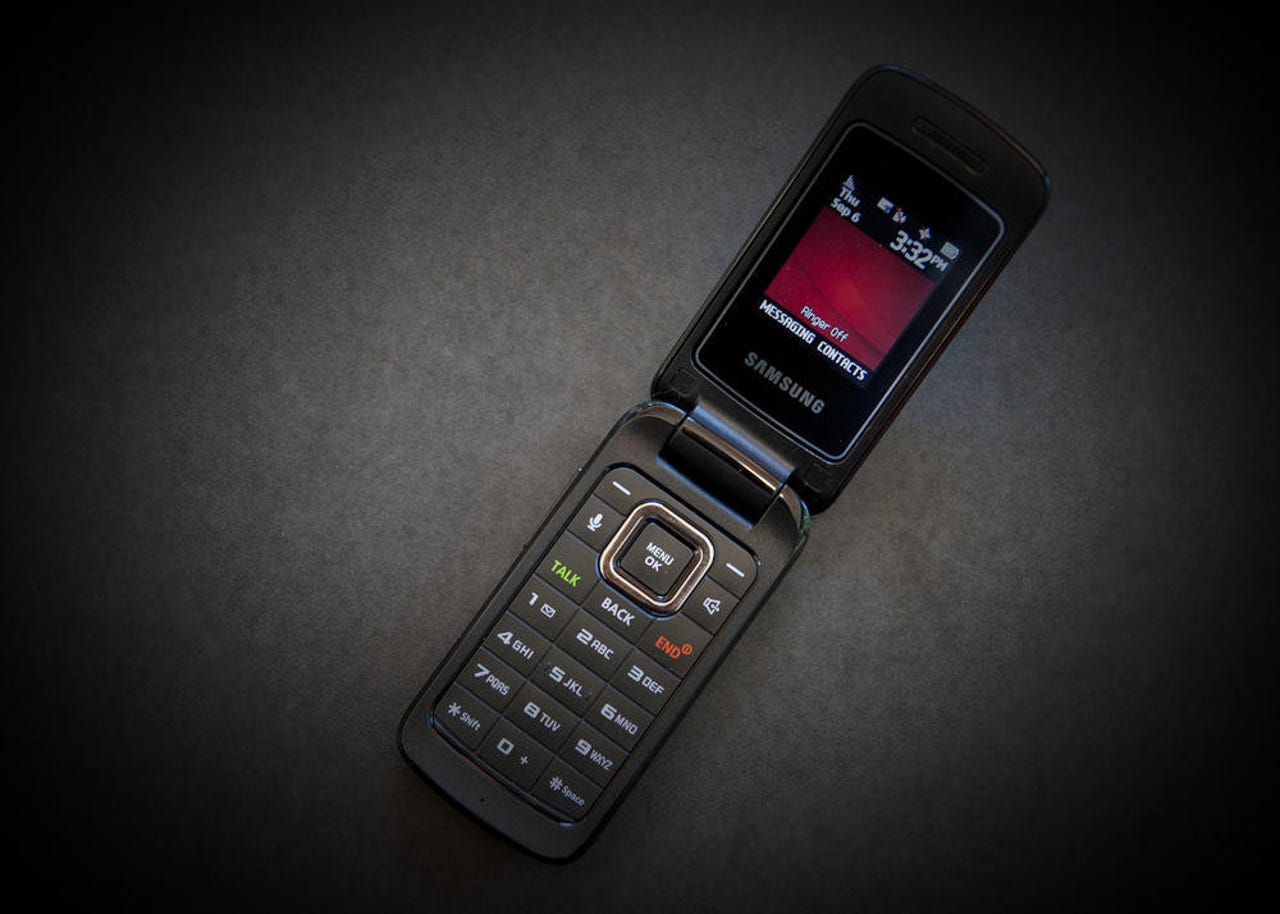House bill wants to crack down on prepaid 'burner' phones

A Californian lawmaker is pushing new legislation that would crack down on prepaid "burner phones," which she says are used by terrorists and other serious criminals.
Rep. Jackie Speier (D-CA, 14th), who represents the San Francisco and the Bay Area district, introduced the legislation this week requiring prepaid phone retailers to collect information on the buyer at the time of purchase, such as their name, address, and date of birth.
The information would be verified by a credit card, or a Social Security number or driving license number -- mirroring similar obligations on those who sign up for a long-term phone contract.
In a statement, the Democratic lawmaker said the draft bill, dubbed the Closing the Prepaid Mobile Device Security Gap Act of 2016 (or HR 4886), would help track terrorists and serious criminals because prepaid phones "can be purchased without identification and record-keeping requirements."
"This bill would close one of the most significant gaps in our ability to track and prevent acts of terror, drug trafficking, and modern-day slavery," said the statement.
The bill was referred to the House Energy and Commerce, and Judiciary committees, but the text of the bill has yet to be publicly released.
Speier's office did not respond to a request for comment.
Speier's bill comes in the wake of growing terror threats in Europe, in which attackers are said to have used burner phones to carry out various attacks across the continent.
Burner phones, or prepaid cell phones that are often bought in bulk and disposed of each time a communication is made, were used in the second wave of terrorist attacks in Paris late last year. By using different devices and phone numbers each time, it's an attempt to evade the bulk metadata collection programs by Western intelligence agencies.
It's not the first reactive effort by lawmakers to limit the use of technology under the guise of aiding national security.
Lawmakers in California and New York state introduced legislation earlier this year to ban the sale of smartphones and devices that provide encryption, like most iPhones, and some newer Android phones.
Google recently introduced device encryption on newer Android devices, but in most cases it can still be forced to turn over user data. The search and phone giant followed in the footsteps of Apple, which has said it cannot feasibly bypass a user's iPhone or iPad passcode, making it unable to respond to warrants for data stored on its devices.
That didn't stop the Justice Dept., which for weeks waged a war of words and legal rhetoric at the technology giant for its refusal to help federal agents access the iPhone used by one of the San Bernardino shooters.
The government later dropped its case.
